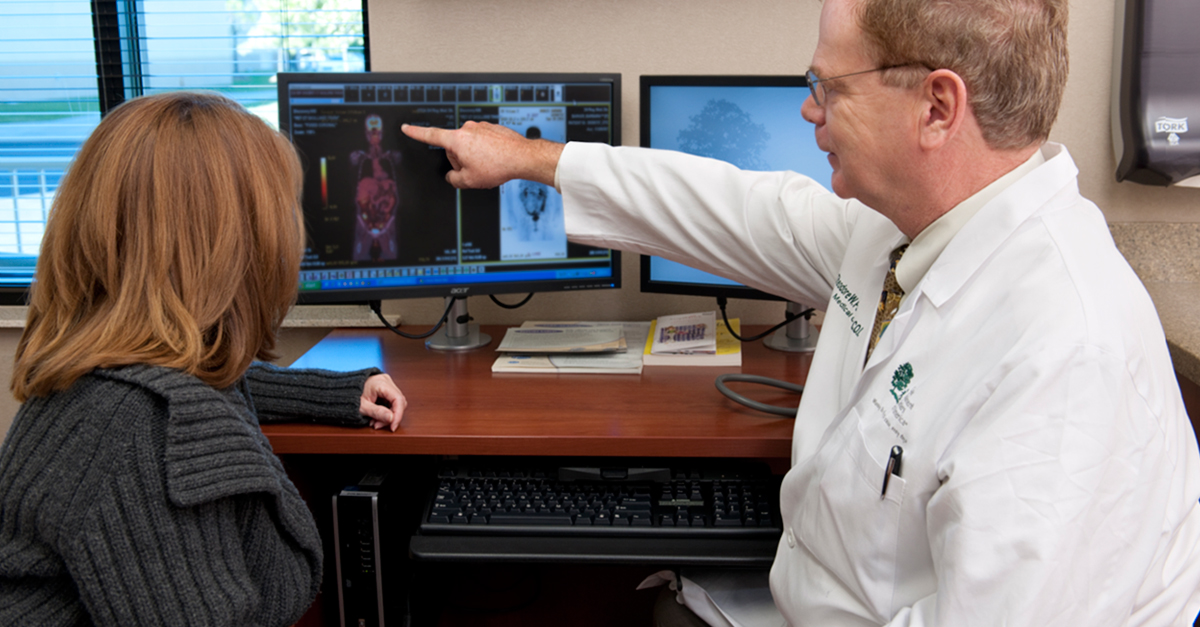
Every year, over 1 million Americans are diagnosed with cancer. While some risk factors, such as inherited genetic mutations, seem beyond our control, a number of relatively simple preventive measures and lifestyle changes may help reduce your risk. Here are some examples:
Get healthy amounts of vitamin D
Vitamin D is critical to wellness, but it is difficult to get sufficient quantities through diet alone, such as with mushrooms or white fish like mackerel or cod. An efficient, natural way to supplement your vitamin D intake is through sunshine exposure. If you don’t live in an area with ample sunshine, consider vitamin D supplements. Excessive levels of this nutrient may cause kidney stones, so no matter your strategy, it is important to talk to your doctor about your vitamin D levels and make checking such levels a regular part of your annual check-up.
Exercise regularly
Strong evidence suggests that sedentary behavior increases the risk of heart disease, stroke and cancer. Personalize your exercise goals to your own needs and physical capabilities, but know that general guidelines recommend moderate exercise at least three times a week. Even regular walking may be beneficial to your health, but make sure to talk to your doctor before making any significant changes to your exercise regimen.
Eat an anti-inflammatory and low-fat diet
A diet that contains ample amounts of vegetables, fruits and the spice cumin may help reduce chronic inflammation. Cruciferous vegetables, such as broccoli and cauliflower, come packed with natural ingredients that may help fight cancer. Also eat leaner meats such as chicken and fish for sources of healthy proteins rich in amino acids.
Get plenty of rest
Sleep disruption is often caused by stress, anxiety or an inflammatory diet. Changing your diet may improve sleep. Normal circadian rhythms are healthy for the body, while inconsistent sleep patterns may cause other health issues, such as fatigue or difficulty concentrating.
Quit smoking
Smoking cessation is one of the most powerful ways to reduce cancer risk and negative health outcomes for active smokers. However, it is important to recognize that smoking may be, for many, a means of self-medicating, to help focus, stay alert or cope with stress or anxiety. Finding the root causes of stress and anxiety or healthier solutions to other concerns may help smokers more successfully complete cessation efforts and quit for good.
Reduce stress
Chronic stress has been linked to many health issues, including cancer, and poorer treatment outcomes. Psychotropic medicines are not the only solution to reducing stress. Evidence-based supportive therapies such as breathing and relaxation techniques may help lower the heart rate and promote a sense of calm, and mindfulness meditation may help you achieve emotional and physical comfort.
Create an inspired life
It is important to recognize the motivation for recent lifestyle changes. Did you make them out of fear of cancer, financial insecurity or social acceptance, or because you wanted to take care of your health? Knowing the answer may help you live an inspired life. If your see life’s activities as meaningful blessings, you help empower yourself to take important steps to not only reduce your cancer risk but to also get more out of life.
Know your family history
If any blood relatives have been diagnosed with cancer, talk to your doctor and consider a genetic counseling consultation to see if you are a candidate for further testing.
Get regular screenings
Routine colonoscopies should begin at the age of 50, mammograms at the age of 40, and Pap smears for cervical cancer screenings after the age of 21 for women. Prevention efforts such as screenings save lives.


